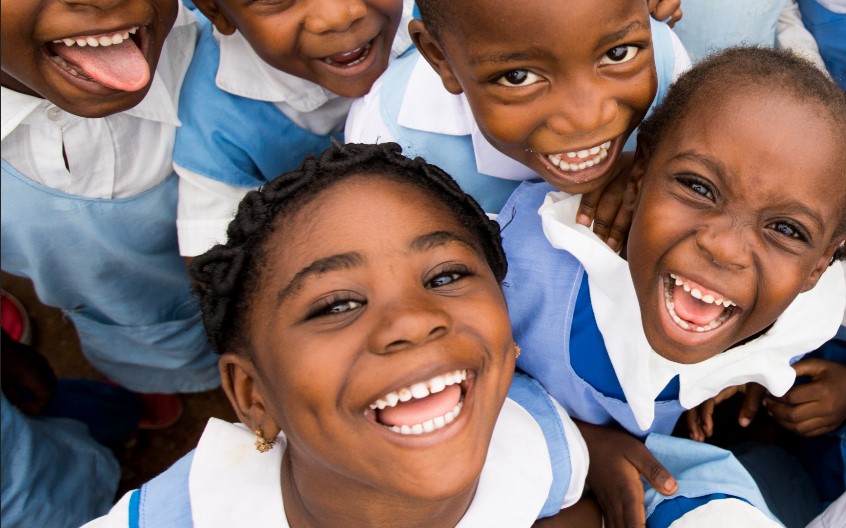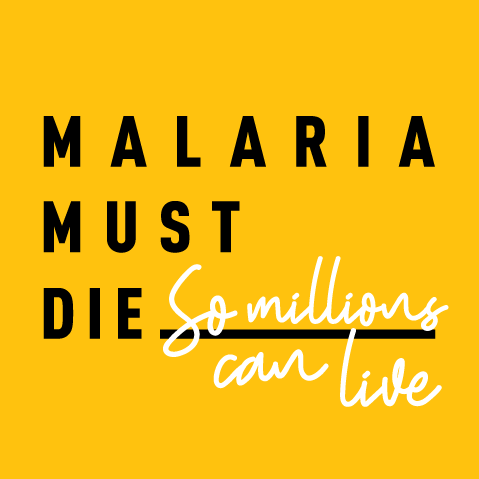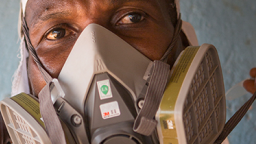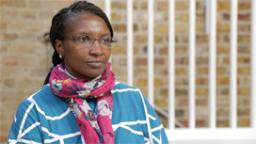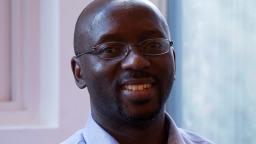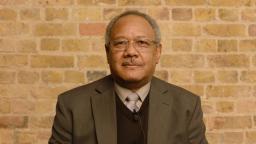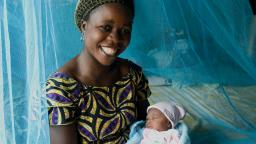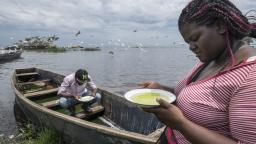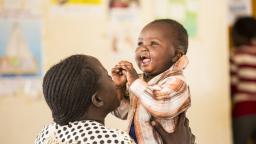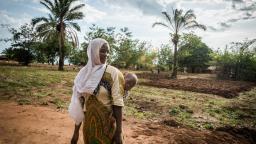By Ingrid Etoke, Senior Market Access Manager, Innovative Vector Control Consortium (IVCC)
From human rights movements, political and social upheaval and, more recently, climate change activism, young people have always been at the forefront of key shifts in society. Participating in the fight to end malaria, humankind’s oldest and deadliest disease, shouldn’t be an exception.
I believe that the potential of young people in the fight to defeat malaria is tremendous. It is an untapped opportunity that we should seize with both hands to ensure that we defeat it within a generation.
According to the World Health Organisation (WHO), malaria caused 228 million cases and 405 thousand deaths globally in 2018. Of these, a staggering 92 per cent of cases and 94 per cent of deaths were recorded on the African continent, with close to seven out of ten malaria fatalities attributed to infants and children under 5-years-old.
For too long, this disease has loomed heavy over the head of every adult, youth, child, and pregnant mother in Africa. It is the source of so many lives, and indeed potential achievements, lost and it is a chronic financial burden for individuals, families, communities, and governments alike.
Indeed, Malaria is holding back society, particularly for the younger generation. It is curtailing Africa’s enormous – some would say almost unlimited - capacity for development, productivity, growth, creativity, opportunity, and progress in what is, after all, home to the youngest population on earth, with 60 per cent of the entire continent aged below 25. These bright young people are the future and are crucial players in helping to end malaria for good.
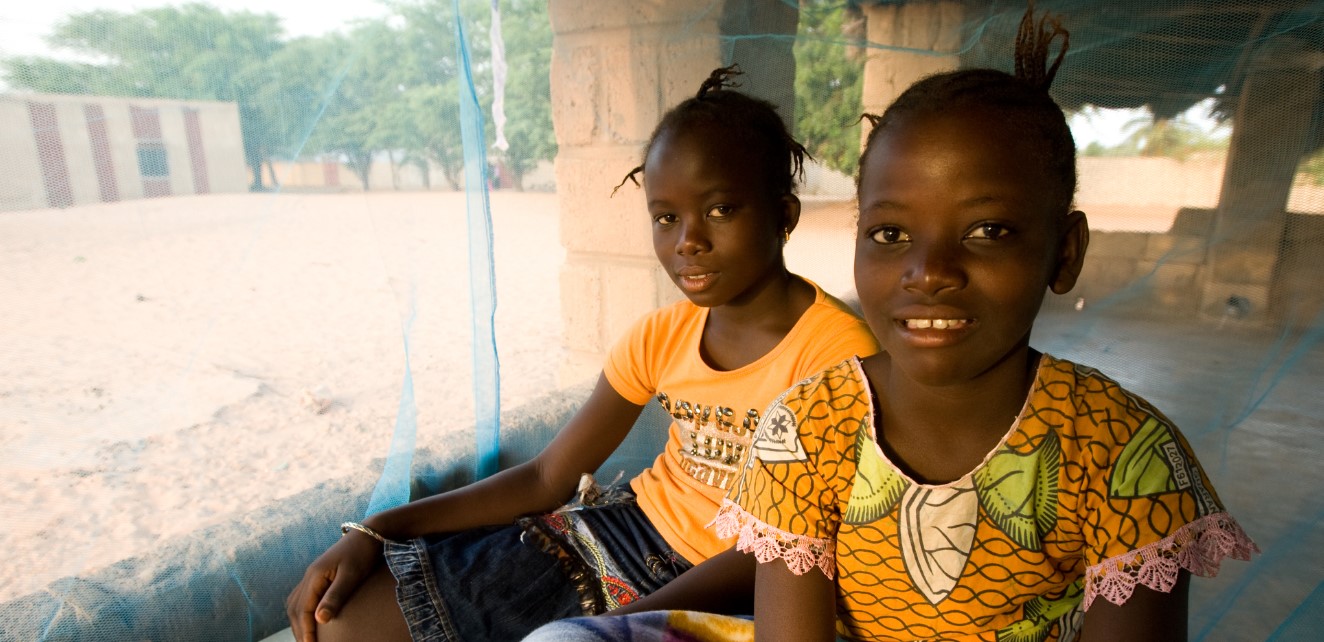
Progress in fighting malaria has certainly been achieved over the last 20 years, saving seven million lives, and preventing over one billion cases since 2000, mainly due to widespread access to preventative tools such as insecticide-treated nets and indoor residual sprays. A sharp increase in rapid diagnostic testing, access to artemisinin-based treatment supported by new funders including the Global Fund to Fight AIDS, Tuberculosis and Malaria and Unitaid, and innovative research collaborations, have also contributed to reducing global malaria cases and deaths.
Sadly, however, for the second year in a row, the WHO’s annual World Malaria Report in 2018 indicated that the number of global malaria cases has now plateaued after falling steadily for the previous five years, with a marked reduction in funding a major barrier to progress.
Today, of course, we are at an even more critical moment in our fight against malaria. The impact of the current COVID-19 pandemic puts the world at risk of losing the tremendous progress that has been achieved, due to interruptions in the implementation of available solutions and delays in access to new innovations. By continuing to invest in ending malaria we will not only save lives that would otherwise be lost to this deadly disease; we will also build stronger health systems that will protect communities from COVID-19 and future health crises and ultimately free some financial resources that could be reinvested in education, infrastructure and economy – and young people are the key.
In these truly challenging times, young men and women around the world have a real opportunity to stand up for their futures. I believe that this is entirely achievable through three positive and proactive steps:
Increasing Community Awareness through Digital Innovation
The young generation of today has never been better at communicating. From viral stories on Instagram and Twitter, to dances or recipes on TikTok, they have leveraged the global power of digital communication. They can – and will - build on this skill to make a big difference in increasing awareness about the urgency of defeating malaria, such as viral tutorials on why and how to use a bed net or simple stories explaining how to react when facing malaria symptoms.
Championing Education and Science
The malaria parasite and the mosquitoes have been extremely cunning to adapt to human interventions over centuries. If we want to defeat this disease, we need the young to keep engaging in scientific research and innovative strategies, because we must always be one step ahead.
I also dream that one day malaria could be positioned at the core of school curriculums in Africa. The young are at the highest risk of dying or being severely affected by the disease, and therefore they should be the ones to best understand it and know the right behaviour to help avoid it.
Every young parent or child should be aware of the importance of championing best practices such as sleeping under bed nets, getting tested as soon as symptoms appear, and seeking appropriate medical care.
Demanding acceleration and mobilisation
The young generation should advocate for their future and own the malaria agenda. They should be unrelenting and ambitious about global goals and mobilisation. Sure, malaria has been one of the deadliest diseases ever to face mankind, but It has also been eliminated in some parts of the world, including across Europe in 1975. This means that it can truly be beaten, and the young should embrace that ideal with their characteristic enthusiasm, faith, and passion to get impossible done.
Malaria must die and the young generation should lead the fight.
